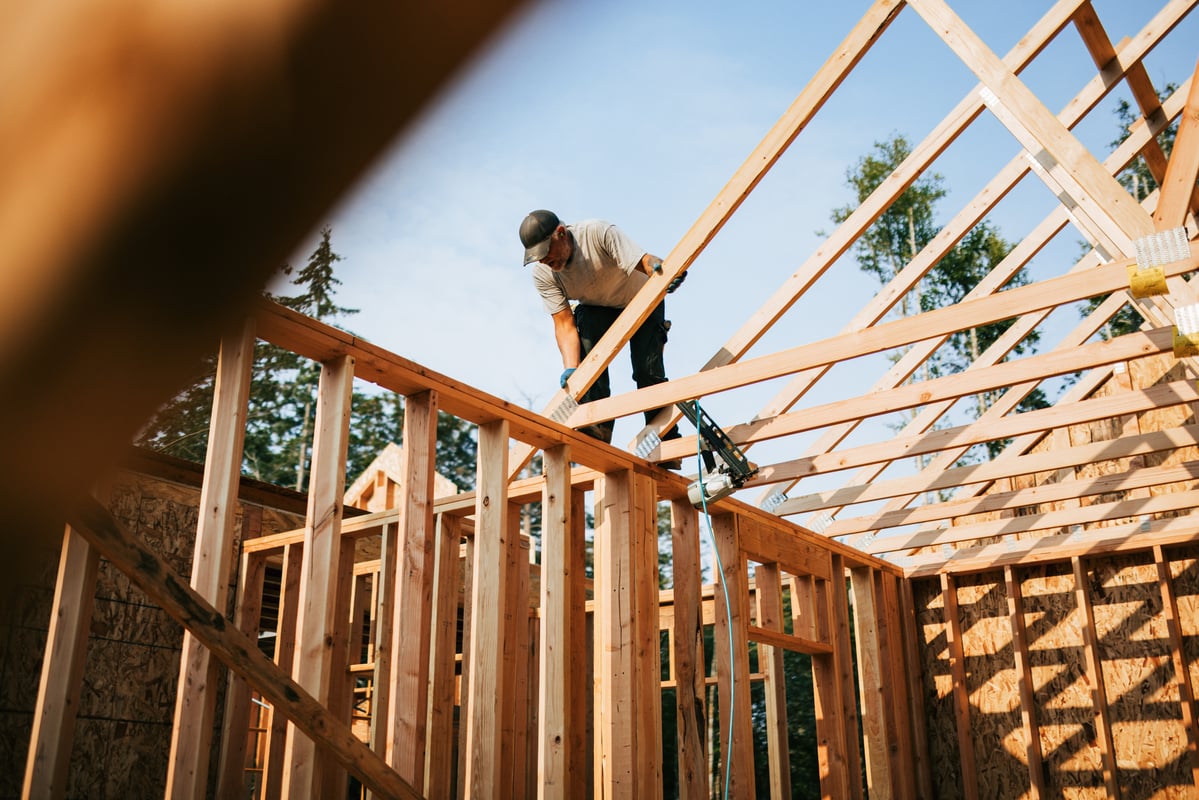Investors understand that buying dividend-paying stocks is a smart play because the payouts can juice the returns achieved through capital appreciation. But with thousands of dividend-paying stocks, how does an investor choose the best stock? Chasing yield without looking at the business could be a prescription for disaster as high-yielding income stocks could signal danger.
So, we asked three Motley Fool contributors to choose a Dividend Aristocrat, a stock that has paid investors for 25 years or more. Companies with long, consistent records of paying dividends are often a safe bet (though certainly not a sure thing). They chose Becton, Dickinson (BDX +1.37%), Lowe's (LOW +3.71%), and Altria (MO 0.11%) as income investors can count on for the rest of their lives.

Image source: Getty Images.
An overlooked dividend play
George Budwell (Becton, Dickinson and Company): The top medtech company Becton, Dickinson (BD) has hiked its dividend for an eye-catching 47 consecutive years at this point in its life cycle. Even so, this Dividend Aristocrat is often passed over by income investors for two clear-cut reasons.
First off, BD's current yield of 1.22% is well below average for a large-cap healthcare stock. Secondly, BD's 2017 merger with fellow medtech giant C.R. Bard dramatically increased the company's outstanding debt load. The combined entity, in fact, currently sports a rather unsightly debt-to-equity ratio of 93.9. A highly leveraged balance sheet and a below-average dividend yield are features that rarely attract conservative investors.
Despite these unappealing financial metrics, though, BD actually has a lot to offer risk-averse income investors. The long and short of it is that this megamerger has ushered in a new period of growth for the company. Underscoring this point, BD's management recently reaffirmed its annual guidance calling for 5% to 6% top-line growth for the 2019 fiscal year, on a comparable, currency-neutral basis. That's a healthy level of revenue growth for a large-cap healthcare company to be sure. But the best part is that this positive momentum should carry over into the 2020 fiscal year and beyond due to a number of favorable, industrywide tailwinds.
All told, BD is well positioned to capitalize on the high-value medical device market, thanks to its game-changing merger with C.R. Bard. Dividend investors, in turn, may want to give this medtech titan another look.
The other big-box home-improvement retailer
Keith Noonan (Lowe's): If you're looking for Dividend Aristocrat stocks, Lowe's can do you one better. The company has raised its payout annually for 56 years straight -- easily clearing the 50-year payout growth bar needed to reach the ranks of Dividend King stocks. The company's 2.3% yield is comfortably above the S&P 500 average, and Lowe's has also been boosting its payout at a rate that puts most other Dividend Aristocrats and Dividend Kings to shame. The hardware store chain has increased its annual payout by 139% over the last five years and more than 500% over the last decade.
Lowe's probably won't be a great fit for every investor. The stock has a higher-risk profile than some people will be willing to embrace for an ultra-long-term scenario. However, it also has characteristics and big reward potential that make it a worthwhile portfolio addition for buy-to-hold investors with slightly above-average risk tolerance.
The stock will likely be pressured during downturns for the housing market and broader economy, as fewer houses being built and weaker macro economic conditions can be expected to translate to weaker demand for the home-improvement space. However, even investors who bought Lowe's stock in the lead-up to the 2008 financial crash and held onto their shares managed total returns that significantly outstripped those of the S&P 500 index. Granted, big-box home-improvement rival Home Depot has dramatically outperformed Lowe's over the last decade plus, but the latter company still looks like a worthwhile investment in its own right and could put up market-crushing returns if its turnaround initiatives are successful and its fast-growing dividend payments are reinvested for compounding.
A dividend-paying stalwart
Rich Duprey (Altria): Tobacco giant Altria, which isn't on the official Dividend Aristocrat list because of how spinoffs have affected its dividend payments, is, however, the newest addition to the rarefied list of Dividend Kings, stocks that have raised their payout for 50 years or more.
Altria raised its dividend 5% to $0.84 per share, the 54th time in the last 50 years that the cigarette maker hiked the payout. Only 26 other companies are on the list with Altria, making it a unique achievement indeed. And there's good reason to think there are more increases in store in the future.
Although cigarette smoking is on the decline, Altria is investing heavily in next-generation products that could indeed make the future one that's smoke-free. It invested $12.8 billion for a one-third stake in Juul Labs, the leading electronic cigarette manufacturer in the U.S. with a market share north of 75%. It also has a marketing agreement in place with Philip Morris International (PM +0.97%) for its IQOS heated tobacco device that Altria will sell under the Marlboro brand.
More recently, it acquired the rights to the tobacco-free nicotine pouch brand on!, which is currently one of the fastest-growing segments of the smokeless tobacco market. Like snus, which is a finely cut tobacco powder that's placed between the cheek and gum, tobacco-free nicotine pouches have the potential to be big sellers as the Food and Drug Administration cracks down on both cigarettes and e-cigs.
Altria's dividend currently yields 7.2%, and with the company's finger on the pulse of tomorrow's tobacco market, that's a juicy payout indeed.
Editor's note: This article has been updated to note that Altria is not a Dividend Aristocrat, though it is a Dividend King.











